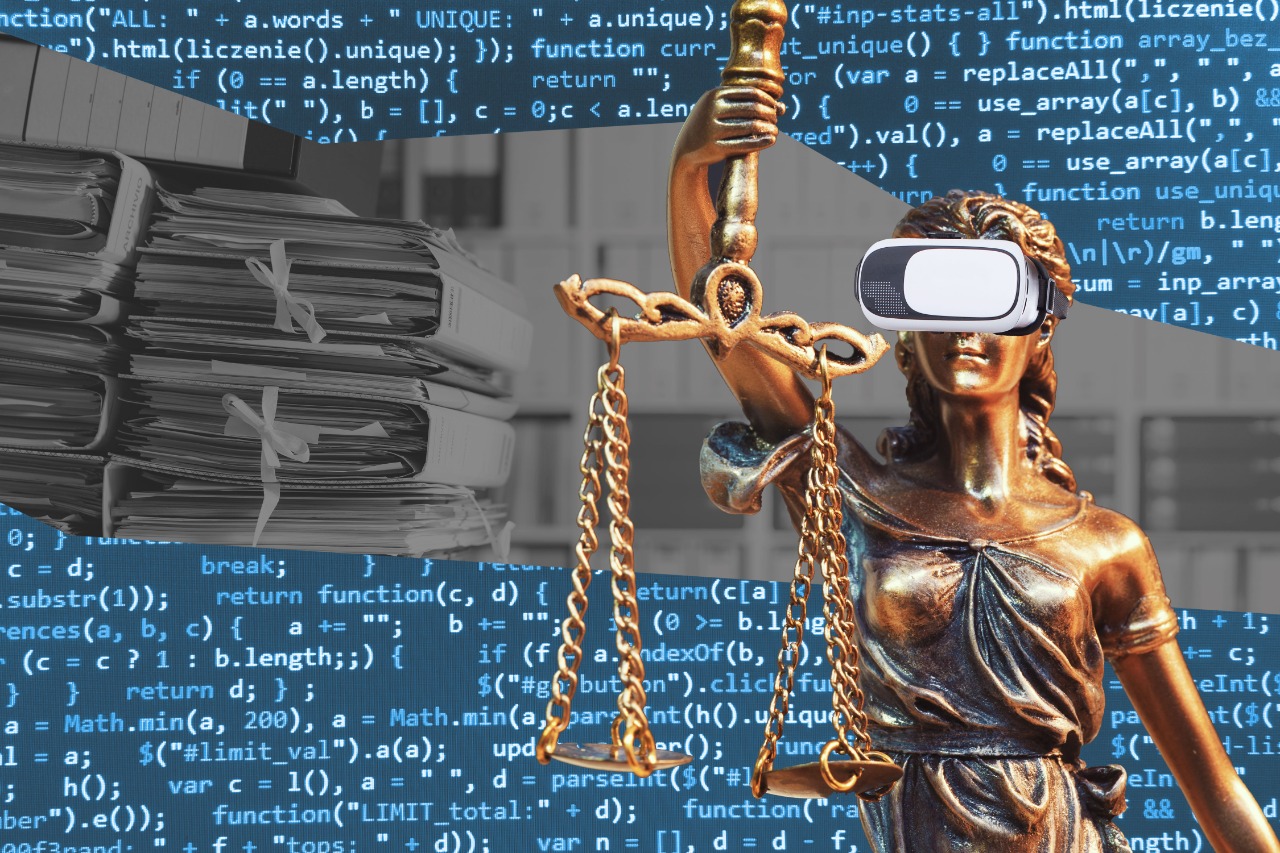You’re reading The Brazilian Report‘s weekly tech roundup, a digest of the most important news on technology and innovation in Brazil. This week’s topics: Should Brazil allow robots to act as judges? The Mormon project to digitize Brazil’s immigration records. And the startup that wants to lower companies’ costs on employee transportation.
Robots already a reality in Brazilian courts
In March of this year, a man filed suit against a restaurant in the state of Bahia that overcharged him BRL 2.06—roughly 50 U.S. cents. He won the lawsuit, receiving a further BRL 300 in compensation. The case is a prime example of how much Brazilians love litigation, with the rate of cases per 1,000 people being five times higher than in Germany, Sweden, Austria, or Israel.
With a backlog of over 80 million lawsuits, courts can’t handle their caseload, and have opened themselves to automating part of the process with the use of robots. The so-called legaltech sector has grown rapidly in Brazil, increasing fivefold from 30 companies in mid-2017 to 150 in early 2019. Their scope of activity ranges from helping people to draft contracts, assisting lawyers in their case law research, to even some solutions aiming at replacing, bit by bit, judges for robots.
Why it matters. Over 70 percent of new cases get backlogged, and costs with litigation in Brazil amount to 1.4 percent of GDP. Cases last an average of six years—or even decades when they move up to superior courts.
Judges v. robots. Five Brazilian states and three superior courts—including the Supreme Court—have either already implemented some sort of automation in dealing with cases or are planning to do so. Here are a few examples:
- Rio Grande do Norte. The upper state court developed the Poti bot with students from the University of Rio Grande do Norte to help in cases of tax foreclosure and property levy. While a human processes about 300 cases a month, Poti manages one every 35 seconds.
- Pernambuco. The Elis bot deals with tax foreclosure cases (53 percent of the backlog). In 15 days it can handle a bigger workload than the court can manage in 18 months.
- Rio. A program dedicated to finding out of court solutions for healthcare cases has reportedly allowed for savings of BRL 90 to 200 million in Rio’s top state court, after avoiding 50,000 cases that didn’t need to go to trial.
- Supreme Court. The top court in the land wants...


 Search
Search






































